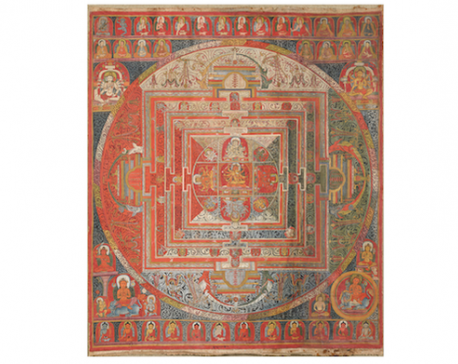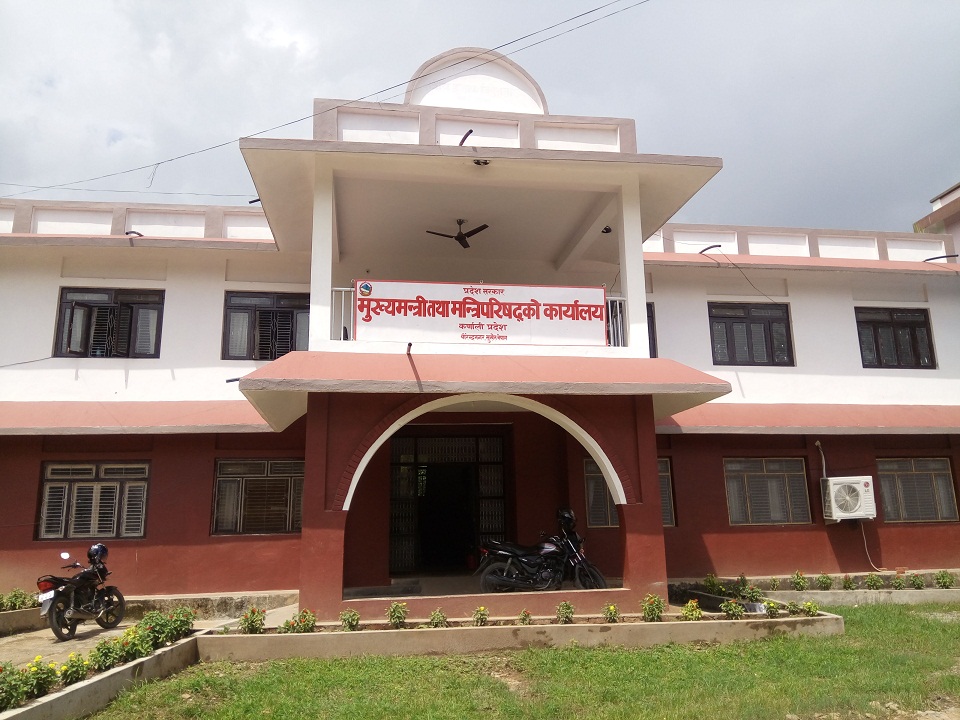
OR

More from Author
What the students need to learn becomes lot more interesting and meaningful if it’s aided by skills of how to learn
The origin of oft-quoted proverb “Give a man a fish and you feed him for a day; teach a man to fish and you feed him for a lifetime” might be uncertain,but its usefulness in pedagogy is undisputed. The role of facilitators is cardinal in ensuring that the students do not merely become the proverbial consumers of the fish but the catchers with the skills to negotiate any uncharted waters or weathers. Against this backdrop, the need for the integration of skill-based approach in learning especially during the formative years of children in school cannot be overstated. What the students need to learn becomes lot more interesting to them and meaningful if it’s aided by skills of how to learn.
Educational psychologists Ference Marton and Roger Saljo state that students will take a different approach to study, depending upon the perceived objectives of the course they are studying. It’s important to note that these approaches of learning can be taught and learned and they are not necessarily the same as styles of learning which have to do with personality traits. International Baccalaureate (IB), an international educational foundation, considers approaches to learning (ATL) as an indispensable part of learning and believes that focus on ATL will improve the quality of teaching and learning across various programs in schools. The ATL skill categories identified by IB can be put into practice by any schools aspiring to nurture life-long learning abilities. Making ATL skills a regular part of pedagogy in schools requires resources. Many schools in Nepal, especially those under the government, suffer from acute resource crunch. However, the contribution that a teacher can make even with the limited resources available in promoting ‘how to learn’ in students can also make a huge difference.
Learning constituents
The five major ATl skill categories identified by IB are communication, social, self-management, research and thinking. All these skills are cross disciplinary. Further sub skills can be derived from these categories for instance understanding and implementing intellectual property rights and identifying primary and secondary sources can come under research skills which a teacher can make use of. The objective of the teacher should be to make sure that the students are employing those skills in their learning which can be done through formative assessments—a phase-wise continual assessment process to measure students’ learning before the completion of the unit. How a student can learn better through ATL skills can be illustrated by a particular unit from Social Studies of SEE appearing students. If only the textbook and the teacher’s lectures are thought of as sufficient to teaching Nepal’s history, such learning becomes as restricted as it becomes drab with very little involvement of students and minimal opportunity for them to go beyond. In contrast, if identifying primary and secondary sources and collecting, recording and verifying data under information literacy skills of research are introduced and put in practice, a student won’t hesitate to sort out information from, say Rishikesh Shah’s Modern Nepal: A Political History, articles on national dailies concerning the same or watch relevant documentaries or consult multitude of websites for information verification.
The skills acquired by students in their school life clearly outlast the facts they learn which can be retrieved through the former. In the context of the learning and evaluation methods that we are familiar with in Nepal, schools and teachers might feel it too much of a risk to change their tack into skill-based approach of teaching as it takes relatively more time and planning. This is particularly so in our context where even today what the students write in paper in the period of three hours matters most, not how they acquire the knowledge.
But the true value of this approach will come to fruition in their higher studies if they have learned the skills like communication, research and self management. Alec Peterson, a British teacher and one of the founding fathers of IB has rightly said, “What is of paramount importance in the pre-university stage is not what is learned but learning how to learn … What matters is not the absorption and regurgitation either of fact or pre-digested interpretations of facts, but the development of powers of the mind or ways of thinking which can be applied to new situations and new presentations of facts as they arise.”
The author teaches at Premier International IB World School
You May Like This

Learning to die, learning to live
Death is the biggest unknown. That's why it is man's biggest fear. It is the ultimate truth and there is... Read More...

Sanskrit learning could reduce Alzheimer, study finds
MRI scans show that memorizing ancient mantras increases the size of brain regions associated with cognitive function ... Read More...

Behind the curve
At least 1.94 percent of total population of Nepal has some kind of disability. Persons with disabilities, living in remote... Read More...




Just In
- NEPSE loses 3.24 points, while daily turnover inclines to Rs 2.36 billion
- Pak Embassy awards scholarships to 180 Nepali students
- President Paudel approves mobilization of army personnel for by-elections security
- Bhajang and Ilam by-elections: 69 polling stations classified as ‘highly sensitive’
- Karnali CM Kandel secures vote of confidence
- National Youth Scientists Conference to be organized in Surkhet
- Rautahat traders call for extended night market hours amid summer heat
- Resignation of JSP minister rejected in Lumbini province
















Leave A Comment